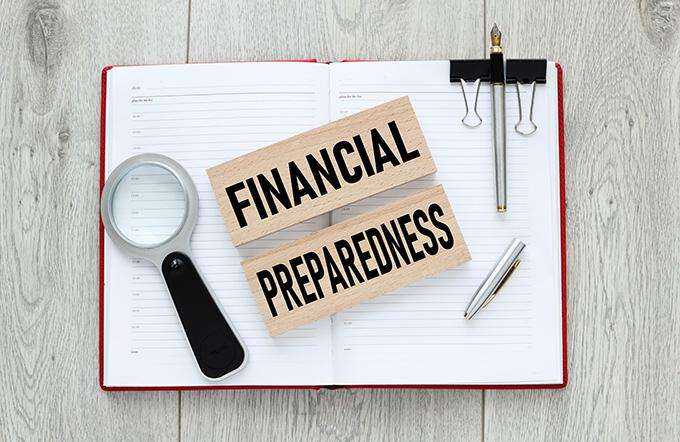Staying Financially Safe During Natural Disasters in Hawaii
Posted on Feb 28, 2024

Weather and climate disasters are occurring in the United States with greater frequency. In Hawaii, tsunamis, hurricanes, and wildfires are a reality and it’s more important than ever to invest the time and effort to prepare your home, your family and your business against the threat of financial ruin from natural disasters.
Natural disasters on the rise
It’s no idle threat. In 2022, the United States experienced 18 separate weather and climate disasters costing at least $1 billion. This is tied with the number of billion-dollar disaster years (2011 and 2017). Nearly every corner of the continental U.S. was hit, from drought-induced wildfires in Western states, to flooding in California and Louisiana, to a winter storm that disrupted power grids in the Deep South and Texas.
Preparation is key – including financial readiness
Recognizing that the disaster threat is real, the time is now to take steps to prepare. You likely already have at the ready “disaster kits’’ with food, water, flashlight, battery-powered radio, and other life-sustaining items. But did you ever stop to consider steps to safeguard your financial well-being and assets against a major disruption?
If you didn’t, you’re not alone. A Bankrate survey revealed that four in 10 Americans said they would tap savings, rather than borrow, to cover a $1,000 emergency expense. And with the government cash lifeline to families that was put in place during the Covid-19 pandemic, the percentage of those with adequate emergency savings likely has fallen.
The Federal Emergency Management Agency (FEMA) guidelines have assembled helpful tips and suggestions to keep your household and business financially sound against the worst threats that Mother Nature can throw at you.
Prep Step 1: Ensure your access to funds
- Inventory your credit and debit cards and, if they aren’t in your wallet, secure those, too, but keep them handy.
- Review your bank/credit union checking and savings account balances. Be ready to move funds between accounts to be sure you have sufficient funds to tap in an emergency. Check whether your bank has an emergency action plan for depositors, get familiar with it if there is one.
- Download your bank or credit union’s online app to your smartphone to allow remote access to your accounts in case you’re away from home when disaster strikes.
Prep Step 2: Keep important documents handy
- Keep documents, like your driver’s license, Social Security and health-insurance identification cards, passports, property, and casualty insurance papers secure and accessible. Store delicate or irreplaceable papers in a safe-deposit box or water-tight container.
- Take photos. If you haven’t already, this is an ideal time to use your cellphone to snap file images of some of those documents as a backup. Everything should be uploaded to the cloud so that if disaster strikes, you have this accessible to you.
- Review your property-casualty insurance coverages. You should ensure you’re adequately covered for disaster damage to your automobile, home or other residential and commercial assets. Most homeowners’ policies offer limited coverage for water damage, so determine what is or isn’t covered in yours. You may need a separate federal flood insurance policy to shield you against losses from floodwaters.
- If you’re a renter, be sure your lease payments are current. Check your lease for terms or clauses that spell out yours and the landlord’s responsibilities and obligations during a disaster event. And natural disaster or not, it’s smart to carry renters’ insurance too.
Extra Tip: People with disabilities should lean into their support network of family, friends, and caregivers for advance help inventorying, reviewing and safely storing cash, credit/debit cards and vital documents.
Plan for Financial Survival
Taking steps ahead of a natural disaster not only save lives and property, but can forestall financial calamity.
Contact First Hawaiian Bank and let us assist you with new or extra accounts and other disaster preparedness.
Was this helpful?
Thank you for the feedback








